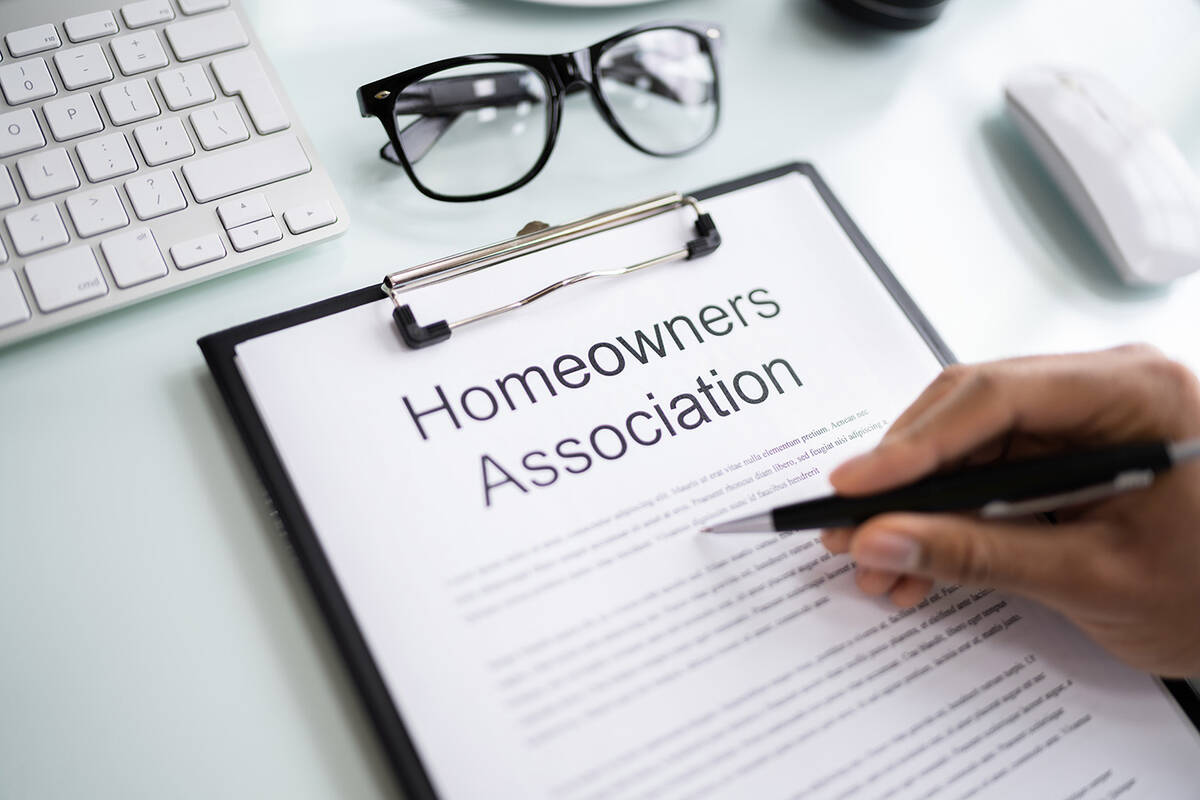Nevada Transportation Authority regulates towing companies
Q: I recently read your article related to towing in Las Vegas. I believe you can be a good resource, therefore, I have some questions related to towing for you.
I have recently had my vehicle towed for relocation without a 48-hour notification. I am dealing with some of the most unethical, unprofessional people I have ever seen and this has spiraled out of control. This has nothing to do with money since I did not pay for the tow relocation. It is more on principle and I want to put a spotlight on these companies for unethical practices, withholding information and just basically lying. The numerous complaints and 1 star Google reviews are just too many to count.
A: The Nevada Transportation Authority regulates towing companies. I suggest that you contact them with your concerns about towing companies and their unethical practices. They can be reached at 702-486-3303. They are located at 3300 W. Sahara Ave., suite 200. You would need specific documentation to support your claims of unethical practices.
Q: I have three questions…
1. I purchased my unit in 2020 and upon reading the meeting minutes, I noted that there had been litigation in my previous unit with the association and the unit below. Structural damage had occurred to the building and the unit below and it was resolved via a settlement agreement prior to my purchase. In the agreement, the three parties to the litigation each paid $5,000 toward repairing the structural damage to the building. When I asked about the litigation to the homeowners association, along with other questions, I received a response from the seller that omitted that there was additional work to be completed within my unit, which again was noted as structural damage. The original response from the attorney for the association noted that there was work to be completed but instead of sending it to me directly, they let the seller respond and he in turn deleted it. I am aware that I cannot go back and sue the original owner but now I am being asked to add additional support in the form of footings underneath the crawl space of the building. I am responsible for this. When a sales transaction is happening in the building, is it the responsibility of the seller to respond or the HOA board/management company?
2. How many board members need to respond to a community manager requesting approval for payment of invoices from the operating account?
3. Does NRS 116 require that the HOA carry insurance for the building that covers guaranteed replacement for unit owners or just insurance that is covered to the walls and the unit owner is responsible for the interior?
I realize that this is a lot but I am now on the board of this building and having difficulty finding the correct answers even with the community manager so your help is greatly appreciated.
A: As to your first question, you should immediately contact a real estate attorney. It appears from the information you provided that full disclosure of the condition of the unit, the litigation and the structural repairs were not provided to you prior to the close of escrow. You may still have recourse against the seller as noted below, Nevada Revised Statute 113.150.
The attorney could review the previous litigation and settlement as well as the association’s covenants, conditions and restrictions to determine if you also have recourse against the association.
NRS 113.150 Remedies for seller’s delayed disclosure or nondisclosure of defects in property; waiver.
4. Except as otherwise provided in subsection 5, if a seller conveys residential property to a purchaser without complying with the requirements of NRS 113.130 or otherwise providing the purchaser or the purchaser’s agent with written notice of all defects in the property of which the seller is aware, and there is a defect in the property of which the seller was aware before the property was conveyed to the purchaser and of which the cost of repair or replacement was not limited by provisions in the agreement to purchase the property, the purchaser is entitled to recover from the seller treble the amount necessary to repair or replace the defective part of the property, together with court costs and reasonable attorney’s fees. An action to enforce the provisions of this subsection must be commenced not later than 1 year after the purchaser discovers or reasonably should have discovered the defect or 2 years after the conveyance of the property to the purchaser, whichever occurs later.
To address your second question: Two board members should be approving invoices for payment.
And finally, as to your third question. Per NRS 116.3113, it states in the case of a building that contains units divided by horizontal boundaries, described in the declaration or vertical boundaries that comprise common walls between units, the insurance maintained under section 1 a of the law (property insurance), to the extent reasonably available must include the units but need not include improvements and betterments installed by the unit owners.
Your attorney would have to review your CC&Rs and the insurance policy for the association (with the assistance of a knowledgeable insurance agent who deals with such matter) as to determine what responsibility the association’s policy has in regards to your unit.
Barbara Holland is an author and educator on real estate management. Questions may be sent to holland744o@gmail.com.



















